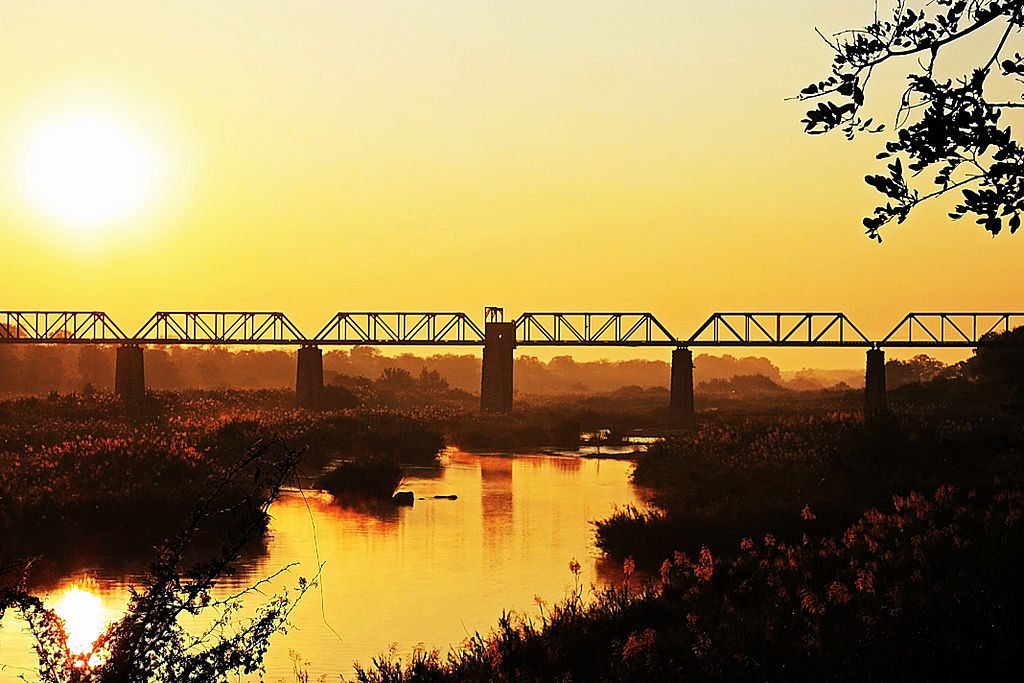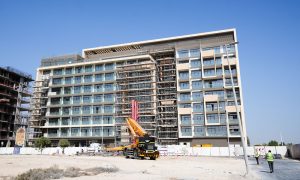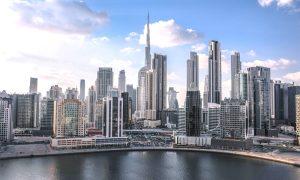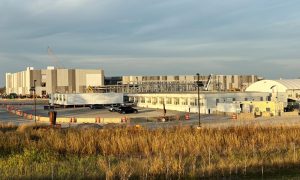Africa will need $2.6tn investment in infrastructure by 2030
Infrastructure challenges lie ahead for Africa, but opportunities exist for GCC investors, Dubai Chamber of Commerce says.

RELATED ARTICLES: DHL helps transport huge machinery to Ghana | Drake & Scull signs Egypt deal for US$ 598m
Africa needs an estimated $2.6 trillion in infrastructure investments by 2030, the Dubai Chamber of Commerce has said in a statement.
In a press release ahead of the Africa Global Business Forum organized on 1-2 October, the government body noted that the continent faces several infrastructure challenges apart from energy and power, with investment required in highways, ports, water, telecommunications, energy and the extractive industries, among others.
Investors from the GCC region are well-positioned to invest in African infrastructure, particularly in projects of a smaller scale, said Hamad Buamim, President and CEO, Dubai Chamber.
“Opportunities are not limited to public and large companies, small companies are also well positioned to invest,” Buamin said. “Dubai Chamber ‘s study has revealed that given the perceived risks associated with mega-projects in several African markets, smaller-scale projects have becoming increasingly more appealing, especially in the energy industry.”
“Gulf investors must take care to differentiate between the region’s many countries, rather than view them as a homogenous ‘African’ market. The Africa Global Business Forum, organised by Dubai Chamber will further highlight the economic and investment realities and opportunities in the different African markets,” he added.
Broadening the manufacturing, construction and real estate sectors in African countries could be the key towards bolstering economic growth, the Dubai Chamber added.
With an expected average economic growth of about 4% in the next five years, most of the African countries will need to address major obstacles to sustainable economic growth, the Dubai Chamber says.
Despite the challenges that lie ahead however, countries such as Angola, Côte devoir, the Democratic Republic of the Congo, Ethiopia, Gambia, Ghana, Liberia, Rwanda, Sierra Leone and Tanzania are expected to witness rapid growth strengthened by public and private investments.





















